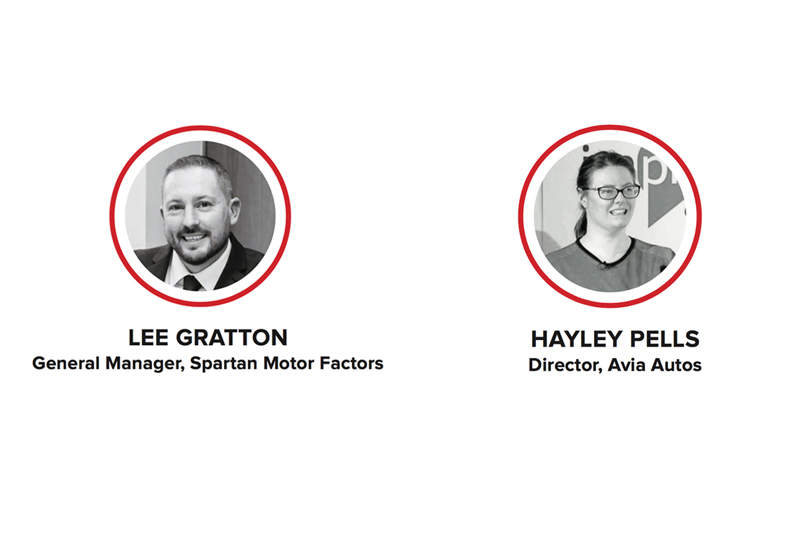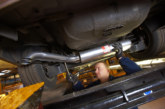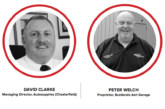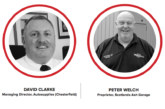
Lee and Hayley are on-hand to discuss the lessons they learned from a difficult 2020, and how these can stand them in good stead for the year to come.
Lee Gratton
General Manager, Spartan Motor Factors
With 2021 underway, motor factors will have to continue to evolve to face the challenges ahead. The coronavirus pandemic has already changed the way we operate on a day-to-day basis.
Over the last few months, we have adapted our business so that we can react instantly when a positive result for COVID-19 is reported to us.
We had one case recently whereby a member of staff tested positive for COVID-19, resulting in five additional staff members from the same branch having to self-isolate. This led to the closure of the branch for 10 days. Fortunately, we have a large enough branch network to continue to service our customers.
We now have a response team in place. Our IT team can set up remote working for any member of staff anywhere in the UK, giving them full access to Spartan’s MAM system, allowing our sales advisers to work from home when necessary. This has proven to be highly effective in order to maintain our service levels.
Many of our sales advisors have commented that having the ability to work from home during this time has been a huge benefit to them both financially and mentally.
Brexit will be our next challenge. We have been informed by some suppliers that there will inevitably be price increases adopted over the next few months. The threat of border delays is a concern; currently, we replenish our stock on an overnight basis, and border delays will lead to suppliers and motor factors stockpiling. Unfortunately, this extra inventory will incur significant additional costs for both factors and suppliers.
Hayley Pells
Director, Avia Autos
What 2020 reinforced for me is that agility is key to survival. Relying on how things were always done will not ensure the long term health for even the most established of businesses. Sir Philip Green’s contempt for his digitally native competitors, and reliance on his consumers to behave in the way he believed they always would took not only his portfolio of high street businesses, but also dragged Debenhams into his quagmire. The mess reopened the recent wounds of the pensions scandal of BHS, leaving consumer confidence in large brands shaken, and looking to support smaller businesses as a result. Tesco, sensitive to public opinion on the cusp of the busiest time of an already busy year, has swiftly deployed a charm offensive of publicly handing back their grants, subtly reminding us of their provision of employment, the food we eat, and some much needed cheer in volumes of alcohol delivered. Every large supermarket scrambled to follow suit, the public took notice, and again voted with their money.
What can this teach us about the aftermarket? I have seen a surge in new clients, ones that have been disappointed that their dealerships seemingly abandoned them; unable to open their retail arm, their workshops did not open either. Nervous about the cost and reliance of new technology, coupled with a real beta max fear of being caught with an expensive vehicle with the wrong plug, my existing motorists are now more interested in preventative maintenance. Job uncertainty and the collapse of familiar brands have encouraged a reluctance to purchase a new car, and it appears my anecdotal experience is supported by the figures from GiPA and SMMT. The short term will mean an ageing car parc, one which we can support if we can get the quality parts to keep them on the road. Now is not the time to be like Green and to think about the fast buck, now is the time to reassure our motorists of our reliability.







